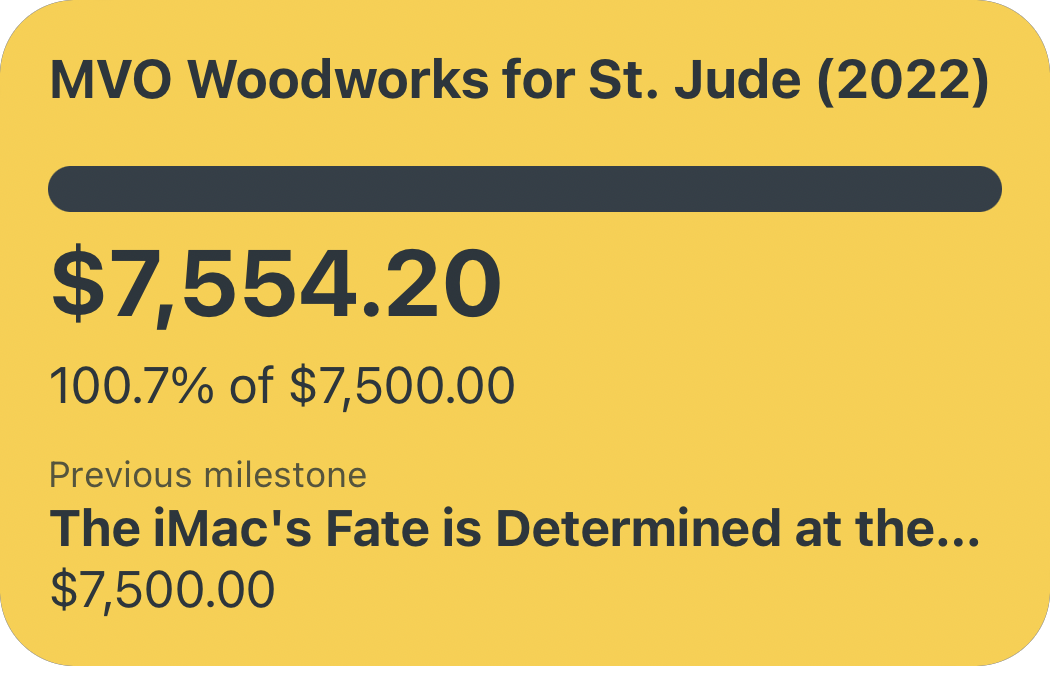What's Your "Best Practice Alert"?
Nebraska Medicine — the largest healthcare provider in the state of Nebraska, and the clinical partner of my university, UNMC — recently implemented changes in their electronic health record system to reduce the rate of opioid overdoses in our community. From the Omaha World Herald:
In August, the health system added an advisory to its patient records system, known as One Chart, that alerts health care providers ordering opioids for patients who meet certain criteria to also prescribe naloxone for them.
Naloxone is a rapid-rescue medication for opioid overdoses, blocking the receptors in the body that opioids typically bind to. By creating this automatic "flag" in the electronic health record whenever a physician enters an order opioids — the tiniest of automation additions to this workflow — Nebraska Medicine may well save hundreds of lives (emphasis mine):
Since the alert launched in August, the number of prescriptions for naloxone filled at the health system’s pharmacies has increased from 36 in the five months before the move to more than 1,290, said Dr. Alëna Balasanova, an addiction psychiatrist with Nebraska Medicine.
More than 200 Nebraskans died of drug overdoses in 2020, an increase of nearly 43% from the previous year, according to a report last summer from the federal Centers for Disease Control and Prevention.
Given that I work at UNMC and have set up a similar targeted alert in the electronic health record (called a "best-practice alert"), I can tell you how simple these tweaks are on the user's end. Usually, it's just a quick pop-up window triggered by certain criteria (in this case, an opioid prescription and the presence of certain respiratory risk factors) that alerts the clinician to a best practice. It's a pretty straightforward system with the potential for serious impact; even a single overdose death prevented with naloxone stemming from this best-practice alert would be well-worth the automation effort.
The same principles can be applied to our personal workflows (though of course with considerably lower stakes). Recurring reminders in Due, clever Shortcuts automations, elaborate smart home systems, or random encouragements from Affirmations — all of these "small" systems we build up around ourselves can have real impacts on our efficiency, our effectiveness, or just our happiness; "bulwarks against madness" erected over months and years. Not every procedural pop-up has to prevent something as serious as an opioid overdose; your "best practice alert" could simply be a morning reminder to take your medication or a "Left Behind" notification for your wallet tracker. My point in all of this being: none of these improvements are possible if you don't stop to ponder your system from time to time. Someone at Nebraska Medicine took a moment to evaluate their system, identified a 10-second tweak, and 36-times more naloxone is now being distributed to the community. Take a moment today to consider your systems, and ask yourself the question: "Where might a 'best practice alert' make my life better?"



